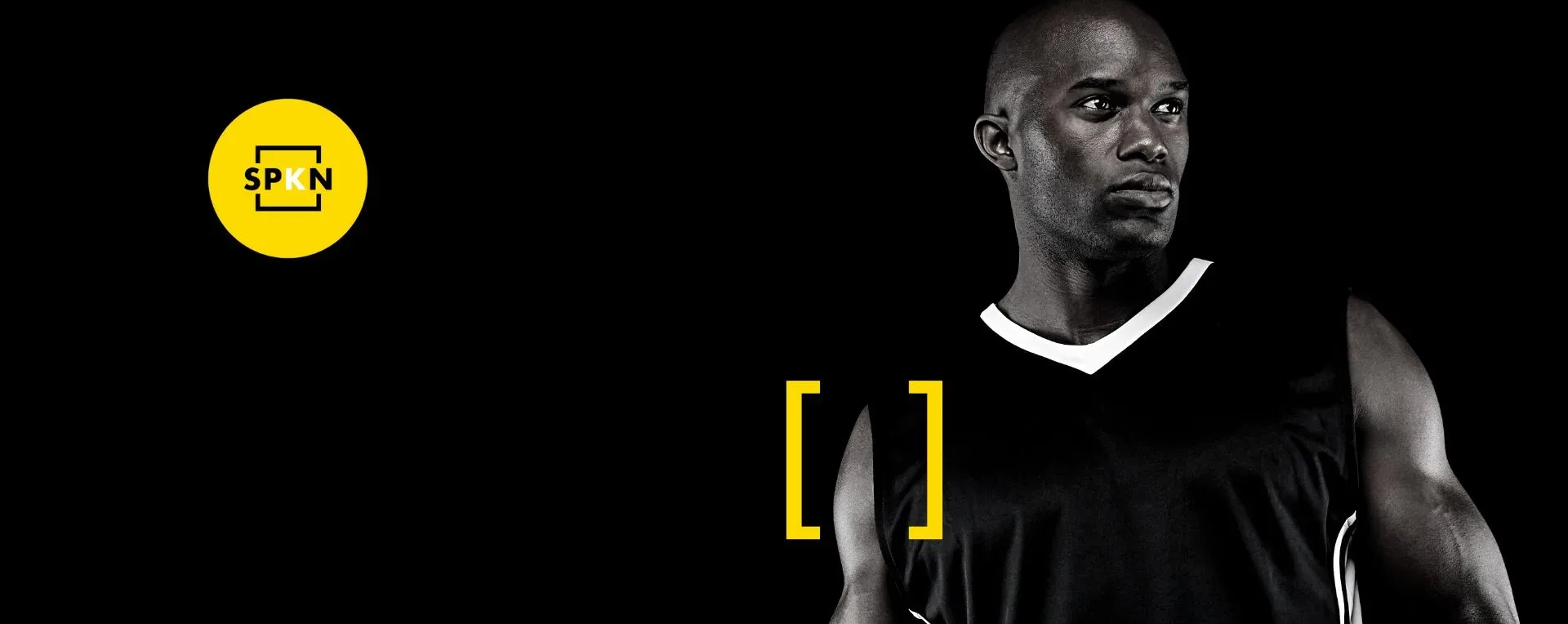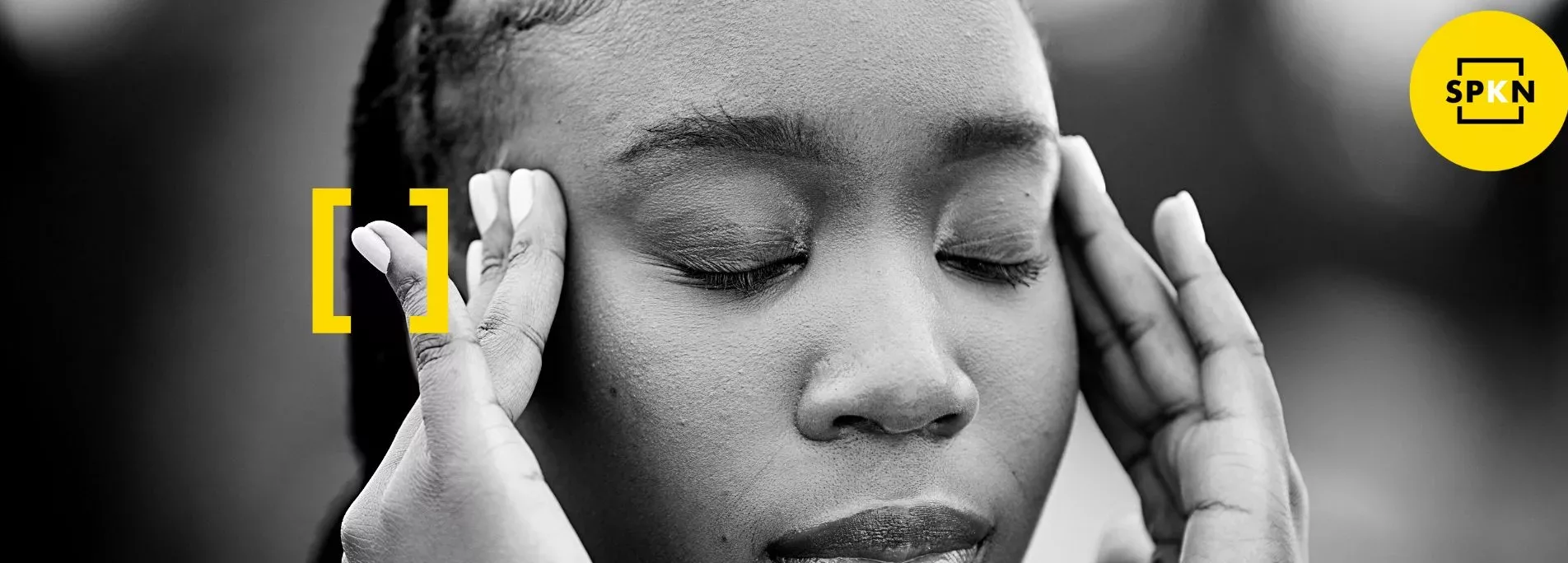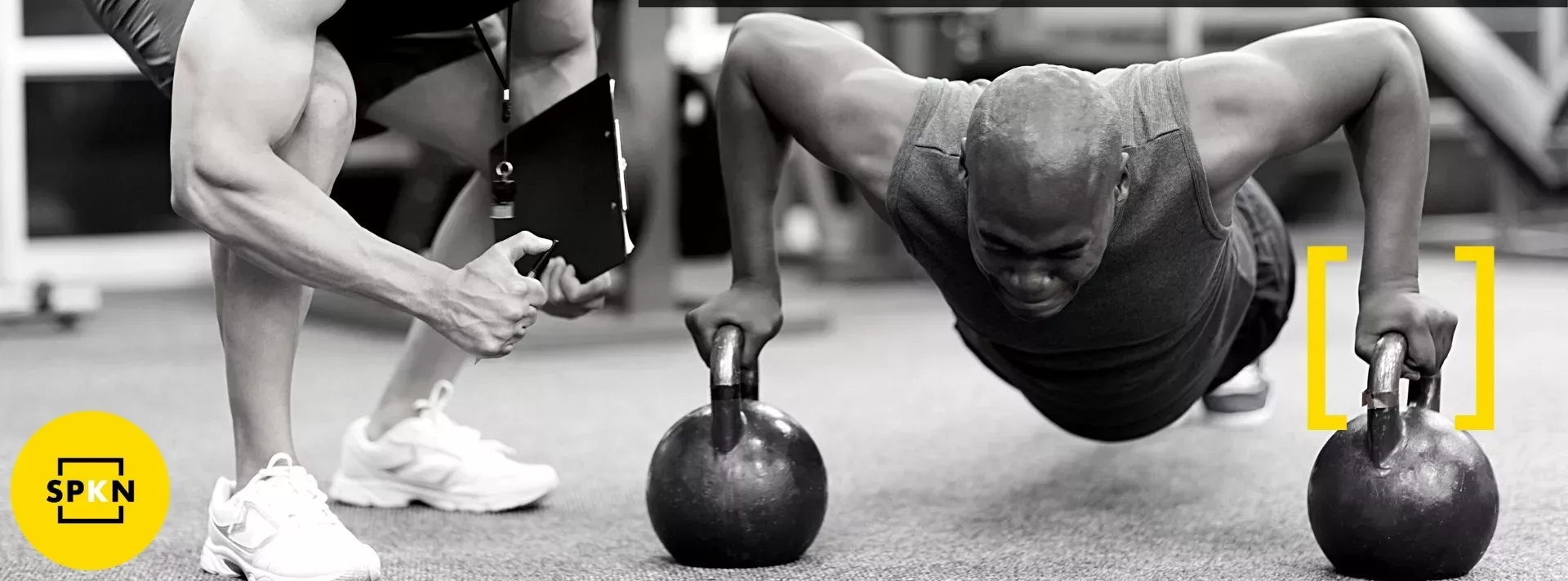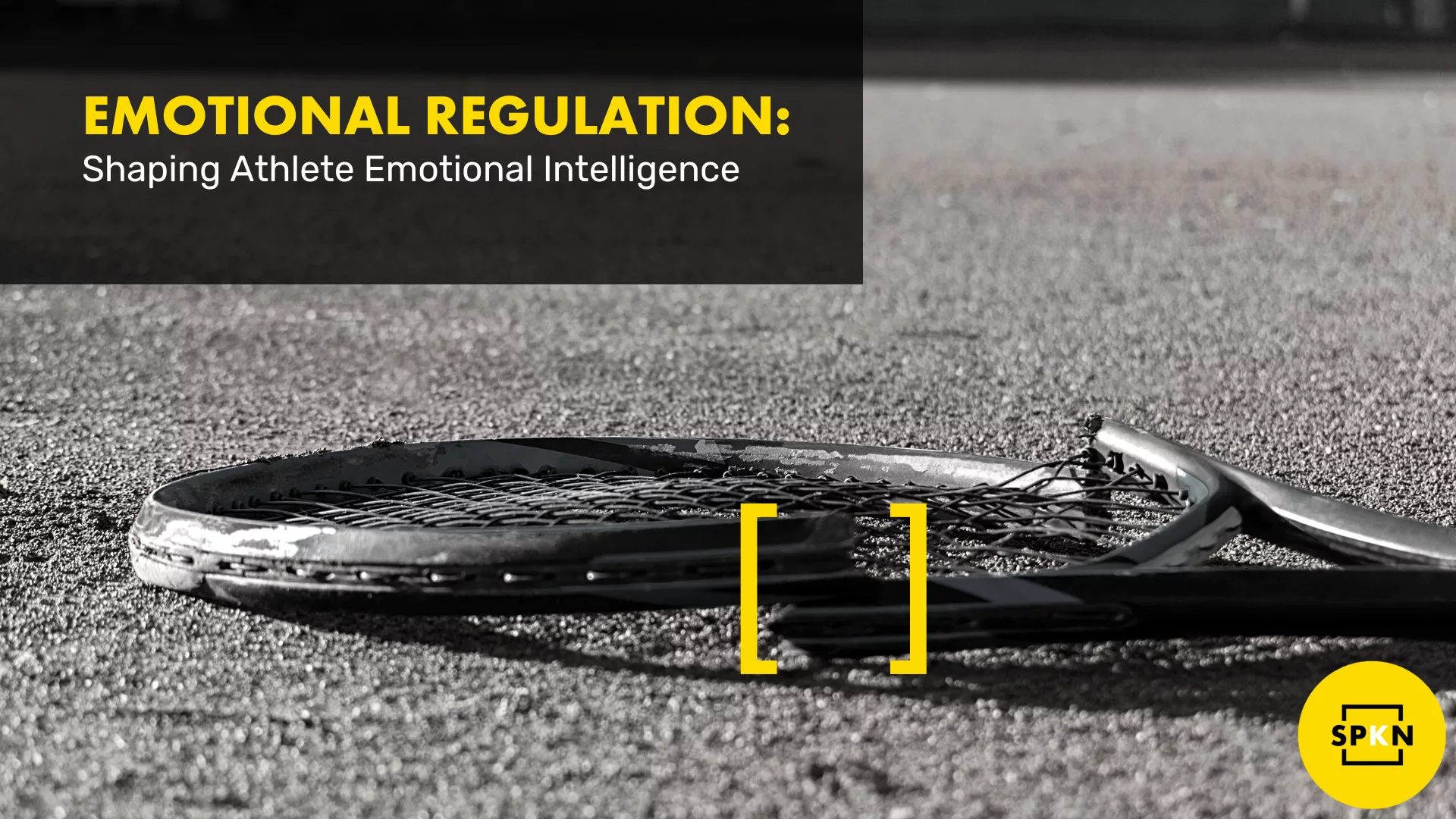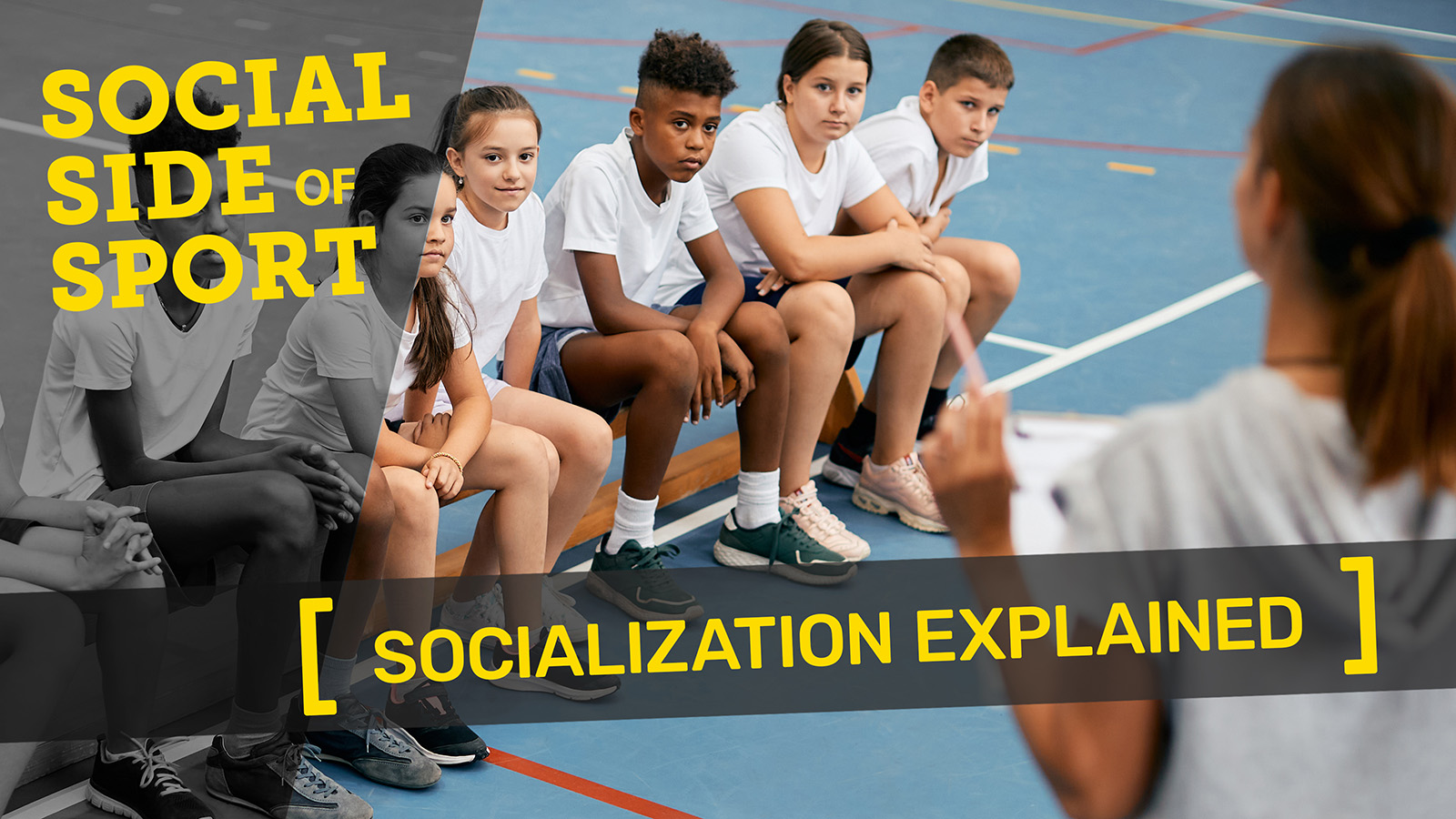As experienced sport coaches invested in our player’s athletic and personal development, it’s crucial for us to recognize the significance of athlete mental health. We train our athletes physically to excel, but what about mentally and emotionally? How can our athletes reach their FULL potential without these being in optimal condition? High-profile athletes have recently brought this issue to the forefront and now it is time to take action.
Understanding Athlete Mental Health
The Dual Pressure of Being an Athlete
Athletes, especially student-athletes, face unique pressures. They must balance high expectations on the field or court with academic responsibilities and social lives. This dual pressure can strain their mental health, leading to anxiety, depression, and other mental health concerns. As coaches, acknowledging these pressures is the first step towards supporting our athletes.
The Invisible Wounds
Physical injuries in athletes are visible and usually addressed immediately. However, mental health concerns, often referred to as “invisible wounds,” aren’t as easily detected. Despite the statistics revealing that a significant percentage of college and professional athletes experience mental health challenges, many of them do not seek help. Hence, it’s essential to create an environment that encourages athletes to openly discuss their mental health.
The Role of Coaches in Athlete Mental Health
Facilitating Open Conversations
Coaches can play a pivotal role in changing the stigma around mental health. By facilitating open conversations about mental health, we can encourage athletes to seek help when they need it. This openness can also lead to increased understanding and empathy among team members, fostering a more supportive team environment.
Implementing Mental Health Education
As coaches, we need to educate ourselves about mental health to better support our athletes. This includes understanding the signs of common mental health issues and knowing when and how to intervene. Numerous resources, such as those provided by the NCAA and the National Alliance on Mental Illness, can offer valuable insights.
The Power of Sharing Personal Stories
Prominent Athletes Breaking the Silence
Several prominent athletes, including Olympic swimmer Michael Phelps and NBA player Kevin Love, have publicly shared their mental health struggles. Their stories have not only broken the stigma but also encouraged other athletes, both professional and collegiate, to seek help.
The Impact of Personal Narratives
Sharing personal mental health stories can instigate significant change. These narratives can inspire others dealing with similar struggles, fostering a sense of community and reducing feelings of isolation. As coaches, we can encourage athletes to share their experiences, either privately or publicly, to promote a more inclusive and understanding sporting environment.
Taking Action on Athlete Mental Health
Initiating Conversations
One of the most impactful actions we can take as coaches is initiating conversations about mental health. This could involve discussing mental health during team meetings, one-on-one sessions with athletes, or even casual conversations during practice.
Sharing Resources and Information
Sharing mental health resources and information can also make a significant difference. This includes disseminating materials about mental health services available on campus or within the local community, tips on managing mental health, and stories of athletes who have navigated mental health challenges.
Promoting Self-Care and Balance
Promoting self-care among athletes is another important action step. This involves encouraging athletes to take time for themselves, emphasizing the importance of balance between sport, academics, and personal life, and providing resources on self-care practices.
Why Professional Athletes’ Actions Matter
The actions of professional athletes in addressing mental health can have a profound impact on younger athletes. They not only break the silence around mental health but also model how to navigate mental health challenges. Their openness can inspire younger athletes to seek help when needed, fostering a healthier and more supportive sporting community.
Addressing athlete mental health is not just a responsibility—it’s a necessity. As sport coaches, we play a pivotal role in supporting our athletes’ mental well-being. By facilitating open conversations, educating ourselves and our athletes, and promoting self-care, we can foster a healthier and more supportive sporting environment. The actions of professional athletes in this area reaffirm the importance of our work and inspire us to continue advocating for athlete mental health.
As the late John Wooden, once said,
“A coach is someone who can give correction without causing resentment.”
Let’s apply this wisdom to our approach to mental health, providing guidance and support without judgment or stigma. After all, our role as coaches extends beyond the field or court—we’re here to champion our athletes in every aspect of their lives.




